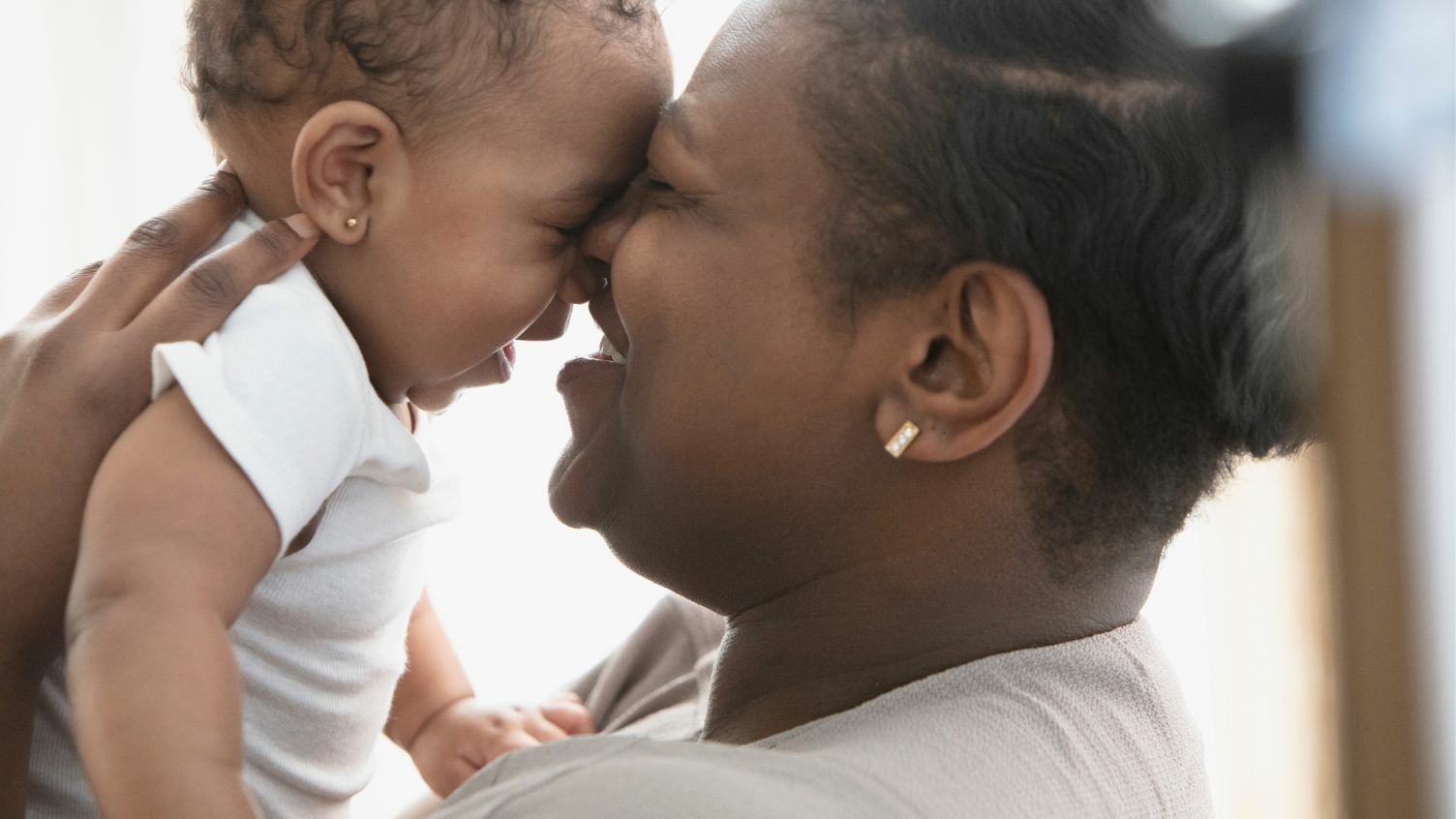Hampshire nurses redeployed to support COVID-19 research
- 29 May 2020
- 3 min read
At the start of the coronavirus pandemic, Staff Nurses Heidi Canham and Shirley Mumford were redeployed to Hampshire Hospitals' research team to support the delivery of urgent public health COVID-19 studies. In this interview, they reflect on their nursing careers to date, describe their roles before the pandemic and their experience of being redeployed to work in research.
Tell us about your normal role and a typical day prior to the COVID-19 pandemic?
Before the pandemic, our role was to pre-assess patients prior to planned surgical interventions. This could be for a wide range of surgical procedures from urological, gastrointestinal to orthopaedic. A lot of our patients were coming in for a day case procedure and it was our role and responsibility to make sure that they were fit to have the procedure done.
How has your role changed as a result of the COVID-19 pandemic? What are you working on now?
We have both been redeployed to support the research team in delivering the COVID-19 studies. We're involved with the data collection for one of the urgent public health studies. It hasn't been entirely straightforward because the needs of the study have changed as time has gone on and we’re now collecting additional data.
It has been a nice challenge though, and there's going to be huge benefit in the additional information we’re gathering. We both like attention to detail so this aspect of the role has suited us well.
What has the experience been like so far?
The first two and a half weeks were a bit of a blur, but we've had tremendous support from the people around us. Everybody has been extremely kind, welcoming and supportive. It has been quite challenging, research can have a completely different language, but no question is considered irrelevant to the team.
The experience has been very stimulating. It’s given us the opportunity to use different Trust systems which we would not have had access to prior to starting this role, which has been fascinating and helped broaden our knowledge.
We have both had to undertake Good Clinical Practice training too, which has been really beneficial. It's been a fantastic opportunity to be redeployed here. We think we’ve learnt a lot about ourselves, about how adaptable we can be. We would never have considered going into research, it wasn’t something that was ever on my radar, but it's been really beneficial.
We know that we can do things that we would never have considered that we would be able to do. There’s lots of knowledge and experience we can take back with us and we feel very lucky to be redeployed to research.
Any reflections on the role of nurses in the Year of the Nurse and Midwife?
Nurses are incredibly resilient, and we have a huge capacity to care and to give compassion. The whole situation has brought into focus just how adaptable nurses can be, but we can only be adaptable with the help of our non-nursing colleagues.
From the cleaner through to the consultant, we are all part of a team and work together for the patient. We've all got a little contribution and if we all contribute as much as we possibly can, then the outcome is a global outcome. The patient will hopefully get the best care.
Nursing is a wonderful profession. It’s amazing to have had the opportunity to look after so many people in my career. Hopefully, I've done it well and to the best of my ability.
Heidi reflects that her mum was a nurse and that her grandmother was a research consultant. Somebody highlighted to her recently, “Your grandmother must be quite proud if she's up there somewhere, looking down.”
Why do you think research is important?
Research is really important, especially with the current COVID-19 pandemic as this is an emerging threat to our health and life in the short and long term.
We need research to provide information on identifying the behaviour of the virus on patients, to enable early detection, education for the public and find treatments that work.
We are all currently affected by this pandemic and it is reassuring that research is happening in order to hopefully provide evidence based care to patients in the future.


